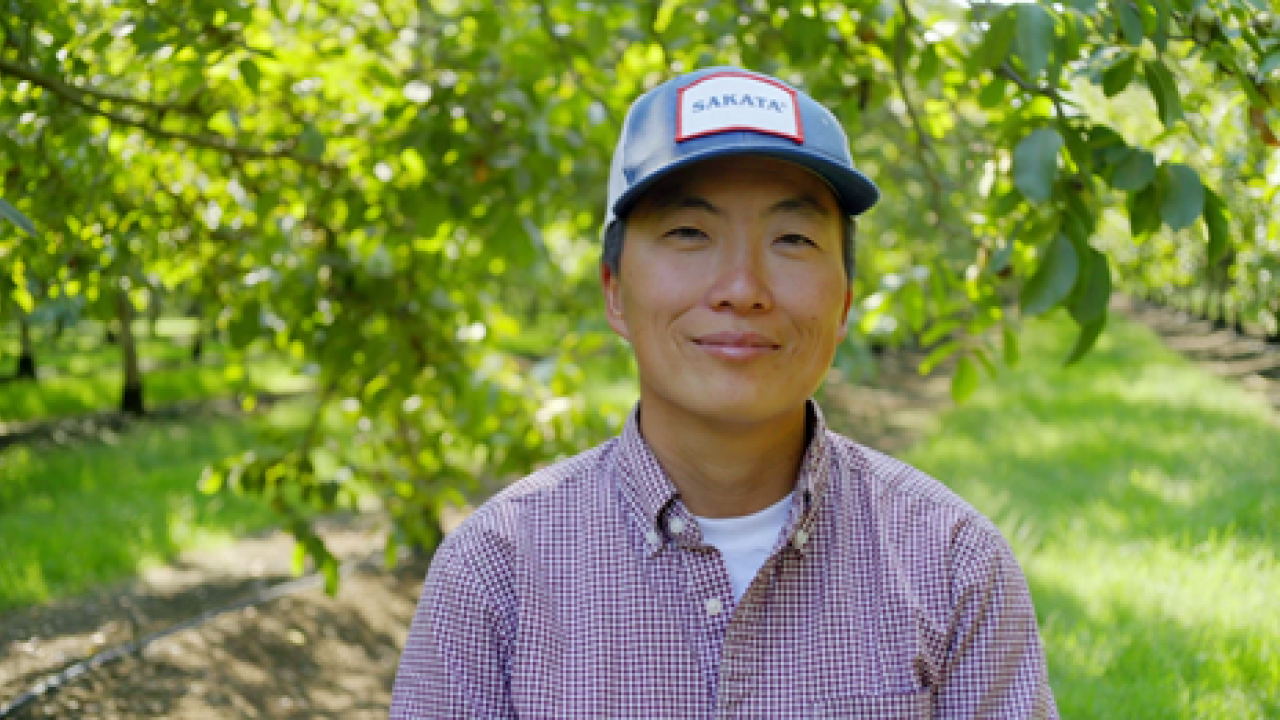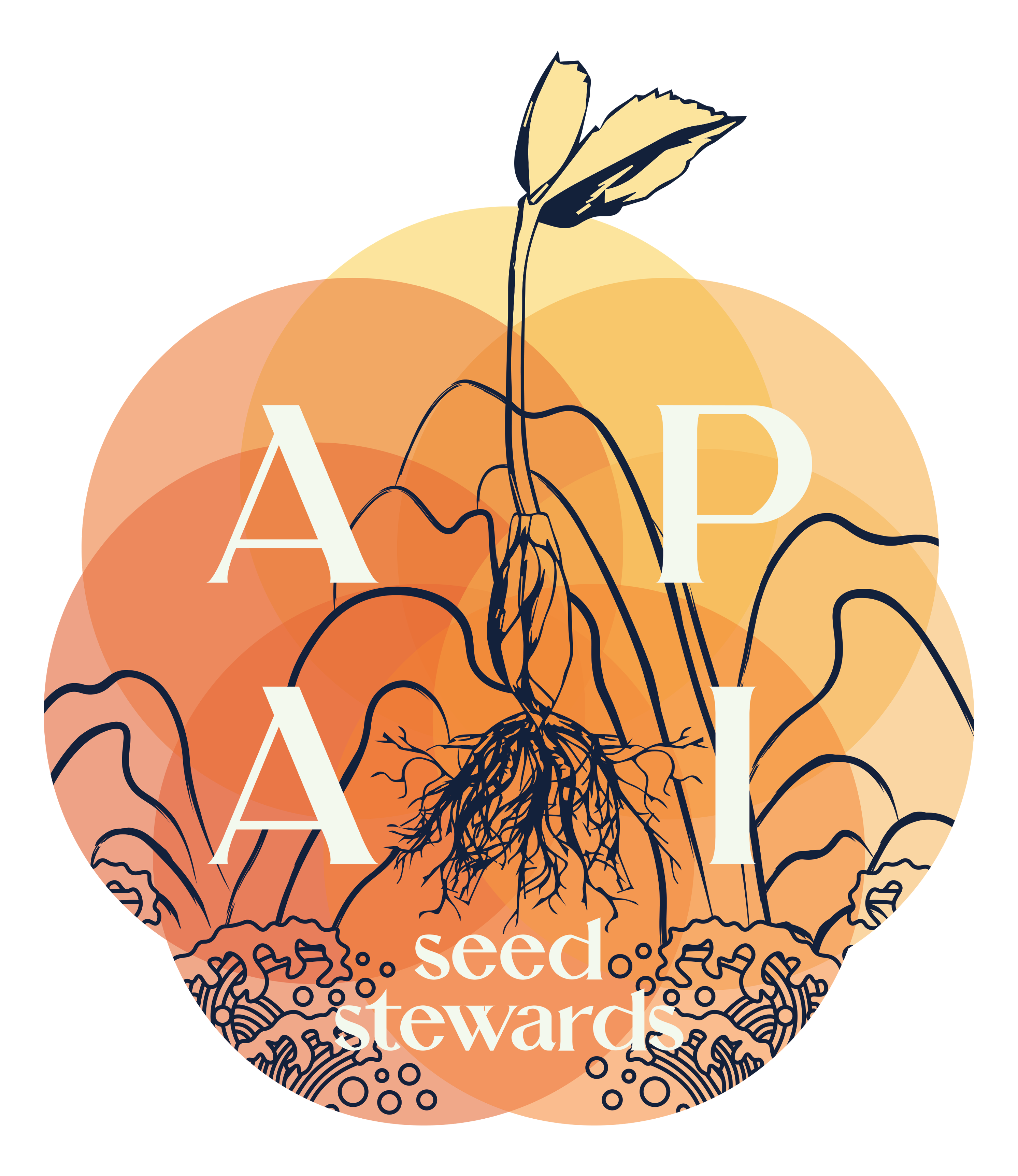
The Short-Comings of Authenticity and Relating to Culture Through Seeds
In early January 2022, Kristyn Leach gave a Zoom talk to an interdisciplinary seminar that consisted of undergraduates, graduate students, and farmers. The seminar was on Asian American farmers in California and cultural memory banking, and it brought together people from different fields of study and varying levels of knowledge in farming and seed saving. The interests of attendees and facilitators ranged from ethnic studies, seed saving, agricultural and sustainable development and more.
Kristyn’s work in community-centered plant breeding explores how plants shape culture and how culture informs plant genes. It has led her to ask many questions regarding identity. Perhaps those of us that are part of diasporic communities can relate to the existential tension that Kristyn brings up一how do we relate to different places that we call home and navigate the different identities that we hold?
Kristyn brings up the question of authenticity一what makes something Korean, for example. Are Korean crops Korean because they are grown on Korean soil? Or grown by Korean people? Are the seeds from Korea? She points out that most Koreans are actually growing chili peppers when the seeds are grown in China and parts of Southeast Asia. While it can be meaningful, trying to answer these questions exposes a bare web一these shallow attempts of categorization and proving “authenticity” will never allow us to deepen our sense of relatedness to culture.” Rather, Kristyn suggests that we ask ourselves: “How do I integrate all of my different experiences, parts of my genetics, and parts of my life to relate to my culture?”
As a Korean adoptee who grew up in Long Island and spent time in Korea to learn about seed organizing, Kristyn Leach found seeds as a special way to relate back to culture: “...they do not stay the same, they adapt, and are going to become of a place as much they are of people.” To give ourselves and our respective communities permission to change, while still honoring our ancestral land is much more realistic and incredibly healing.
As a mixed heritage, Vietnamese and Taiwanese individual growing up in the US, Kristyn’s message of authenticity deeply resonated with me. There is no correct way of being Vietnamese, Taiwanese, or both. Honoring the different experiences that I have had as a result of my identities has allowed me to relate to culture in a much more genuine way.
In Kristyn’s effort to help build a more democratized seed system, she hopes that folks with power aim to do so not because it feels good, but because it is crucial to meet the perspectives, needs, and diets of diverse communities. Kristyn’s Seed Stewards program aims to create hubs for seed conservation and intergenerational knowledge sharing. It hopes to foster a love of our respective food ways, build practical skills, and encourage young people to consider a life of plant breeding and protecting food. This has looked like giving the kids coloring books, having them interview family members, design their dream pumpkin or tomato, and more!
Kristyn sees a future of farming and seed saving where farmers, community members, and universities can build trust and work together to feed our communities. In establishing collaborative relationships, farmers need to feel empowered to trust themselves and know how much knowledge and wisdom that their communities hold. The delegitimization of traditional and indigenous knowledge has created contentious relationships at times, but Kristyn hopes to rebuild some of that trust.
